The launch of Pokemon GO highlights various privacy, security, safety, and privilege concerns with how we use and access tech. While these concerns existed prior to Pokemon GO, and will continue to exist long afterwards, this provides an opportunity to highlight some concrete steps about how we can use technology more safely, and take control over data collected about us.
Tagged with privacy
'Like most apps that work with the GPS in your smartphone, Pokémon Go can tell a lot of things about you based on your movement as you play: where you go, when you went there, how you got there, how long you stayed, and who else was there. And, like many developers who build those apps, Niantic keeps that information'
The new augmented reality game Pokemon Go has gotten people off the couch and into the real world. But police in O’Fallon, Missouri say that four men have used the game to find players at a specific location, and robbed them using a handgun.
'The new site collects every website you’ve been on, everything you’ve searched and many of the things you’ve done with your phone'
'Snapchat' - it sounds so harmless. Those two syllables denote a world of cute mouse ears, rainbow symbols and facial distortion filters that burst onto our smartphones as messages for a matter of seconds, before disappearing forever. The app now seems to be as common among 50-somethings as millennials (judging from my friends’ parents who have just discovered the #LOL filters).
The only time we hear a negative report of the app, is when it's used by teens to sext. That’s when alarm bells start ringing - mainly for parents and teachers, often at a loss to know how to stop kids exploring their sexuality on social media.
'No, you can’t win tickets for Radio 1’s Big Weekend festival by liking a Facebook page. It’s not true that there are free business-class flights being given away by Qantas Air. And no, TV show Total Wipeout isn’t bringing a tour to your local city. But all three are recent examples of convincing scams on Facebook where fraudsters pretending to be trusted brands have mocked up pages in search of likes, comments, shares and more from unwitting users.'
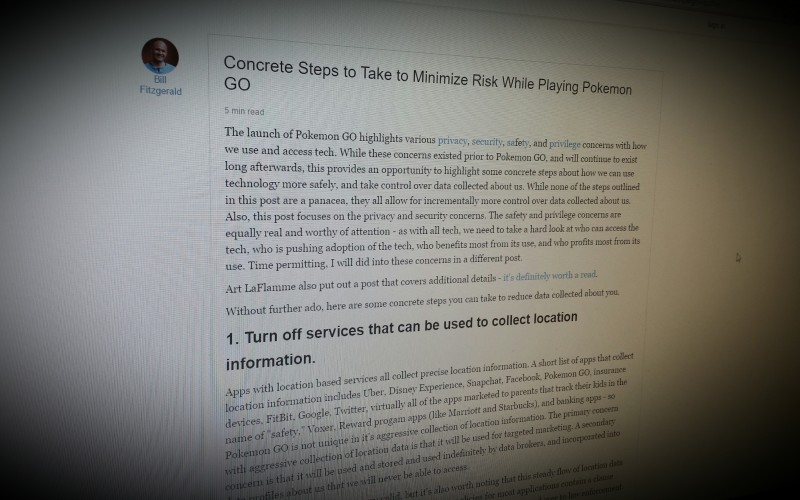
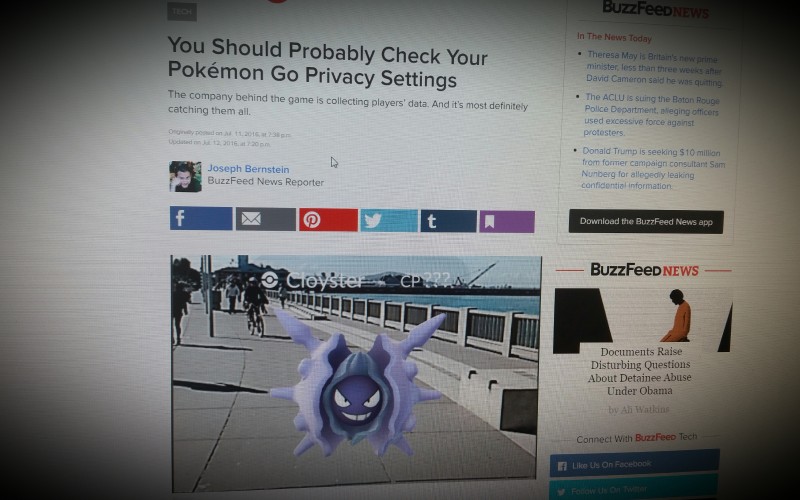
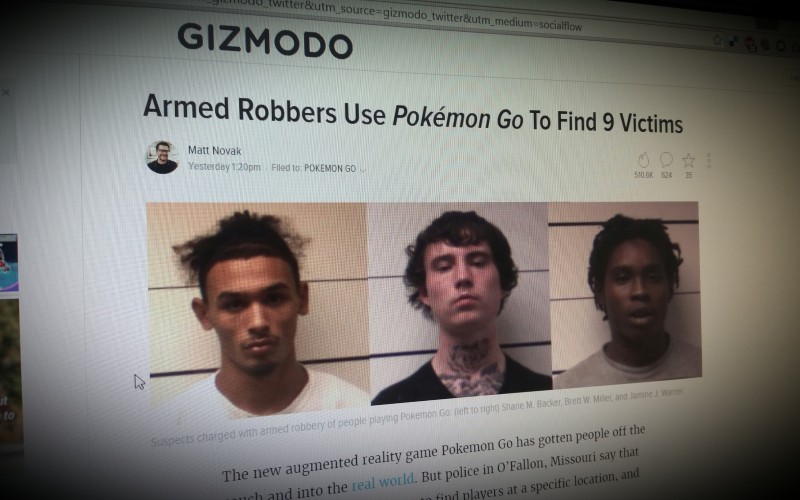
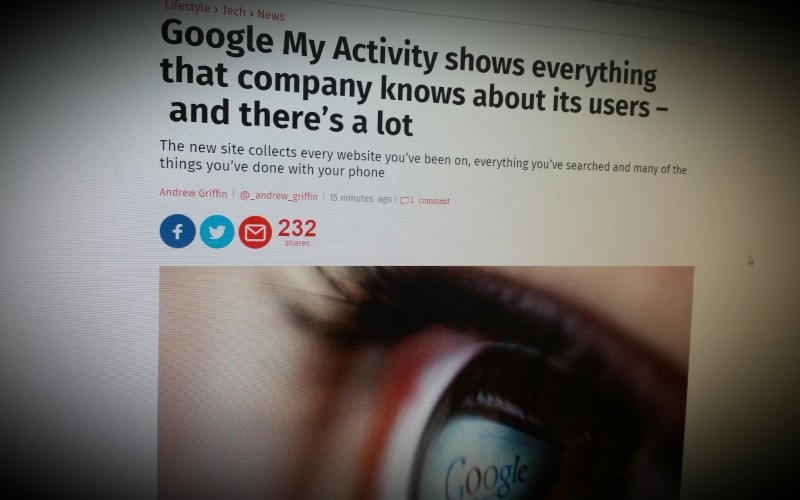
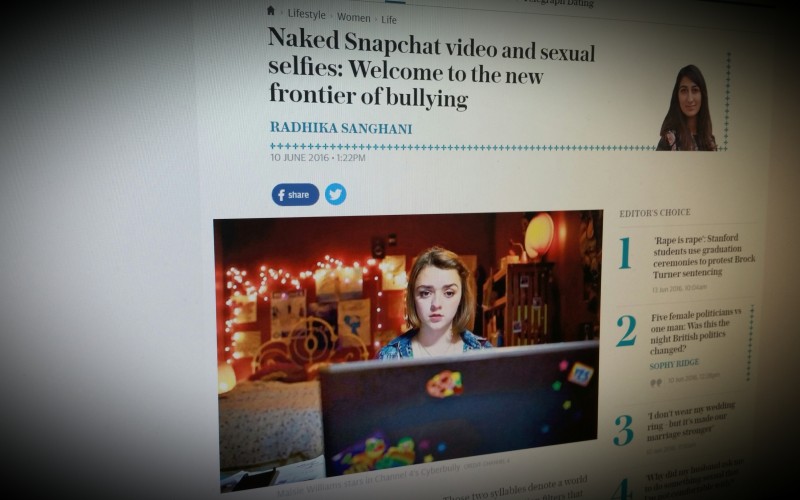
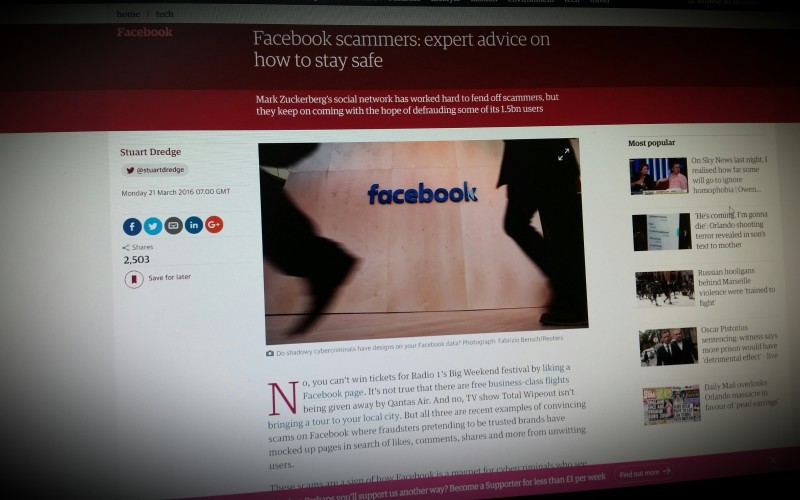
Comments
make a comment